Dr Sumant Badami aka Monty is the founder & CEO of Habitus and an educator at The School of Life who’s on a mission to re-humanise schools, communities, and businesses around the world.
Monty has spent a lifetime connecting with people and helping them realise that we have the capacity within ourselves as individuals and communities, and groups to influence the world that we live in positively.
Monty lives in Kiama on the south coast of New South Wales with his wife and two children. Apart from being a passionate educator at the primary, secondary and tertiary levels, Monty is a celebrant, jazz singer, martial arts instructor, an Honorary Associate at Macquarie University and an officer in the Australian Army Reserves.
We chatted with Monty to find out where on earth he finds his energy and how it drives him to venture deeper.
Tell us a little bit about yourself
As an anthropologist, I am fascinated by humanity. By not only how we have evolved into this flawed species that we see before us, but by how we have been able to adapt and change whilst remaining resilient. We have migrated and moved over nearly every square inch of the earth, not just to survive but to thrive.
A big part of that is acknowledging the value of diversity, the diversity of us as a species, from a biological level and a social and cultural level, acknowledging the diversity within us as humans.
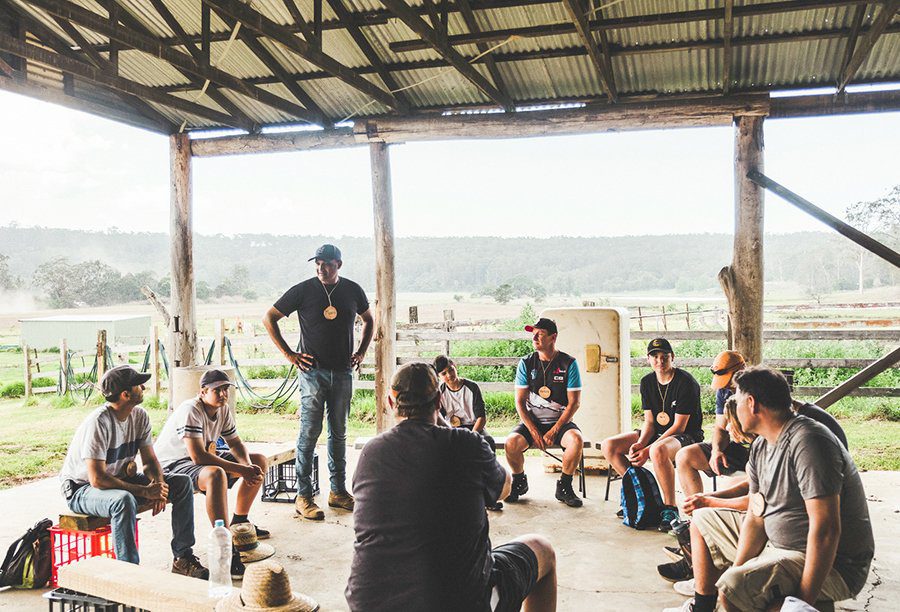
What was it that inspired you to want to make a difference in the world?
I don’t know if I personally make a difference to the world, but I believe that we can all make a difference globally by the way we exist and act in the world.
Over the years, I’ve been very privileged to have had the opportunity to spend quality time with indigenous communities in Southern India and learn their ways of being.
I was compelled to do this by an ethical framework and paradigm to do justice to the people and communities’ stories. We must learn how to open up the spires of inquiry to appreciate different points of view, which is where social justice is imperative.
I do a lot of work with men on a program I run called ‘Men After Me Too.’ We do this program because we have found ourselves in another incredible divisive moment in history where the status quo is being disrupted and challenged. Unfortunately, because of the way it is being framed, people are being forced to take sides.
Man or women, the issue is people don’t like being told what type of people they should be, so we have what’s known as privatisation of virtues which is western enlightenment from this idea that the rational individual should be the person the dictates what is right and wrong in their lives, what is a value and what is a virtue.
This is what is happening in the world at the moment. Even if you go overseas and travel, people often only tend to travel to places they are comfortable with or travel to places where they can maintain a position of authority or mix with people they are already comfortable with.
The antidote to that is acknowledging that community and connection are about really opening up to hear the stories that challenge our existing perspectives.
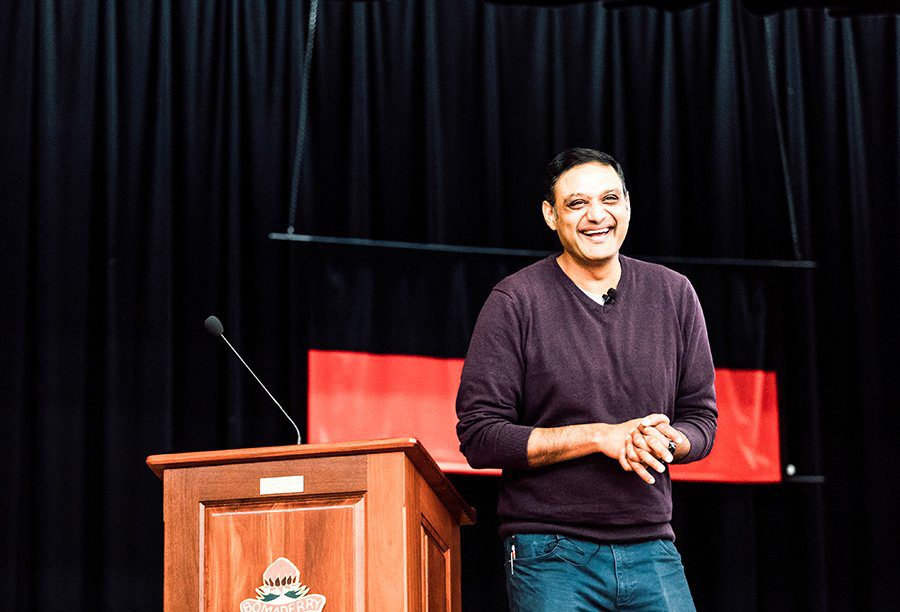
What concerns you about the long term impact of travel on people, animals, and the planet?
The environmental impact affects us all – people, planet and animals.
The commodification of experiences and of identity concerns me. For example, having that authentic tribal experience or living with elephants in the wild. It doesn’t respect our humanity; it constrains the complexity of someone’s identity.
It is subjectivity for our purposes, for our benefit. Why shouldn’t I be able to see the elephants even though there may be massive cruelty going on?
By the same token, what if our desire to stop training or taming comes at the cost of someone else’s livelihood?
It’s not SIMPLE, but we oversimplify it when we travel as it helps and makes it easier for us to understand.
Ethical humanity is not just about humans. We do not exist on an island; we all link to the profound relationships with our environment and the planet.
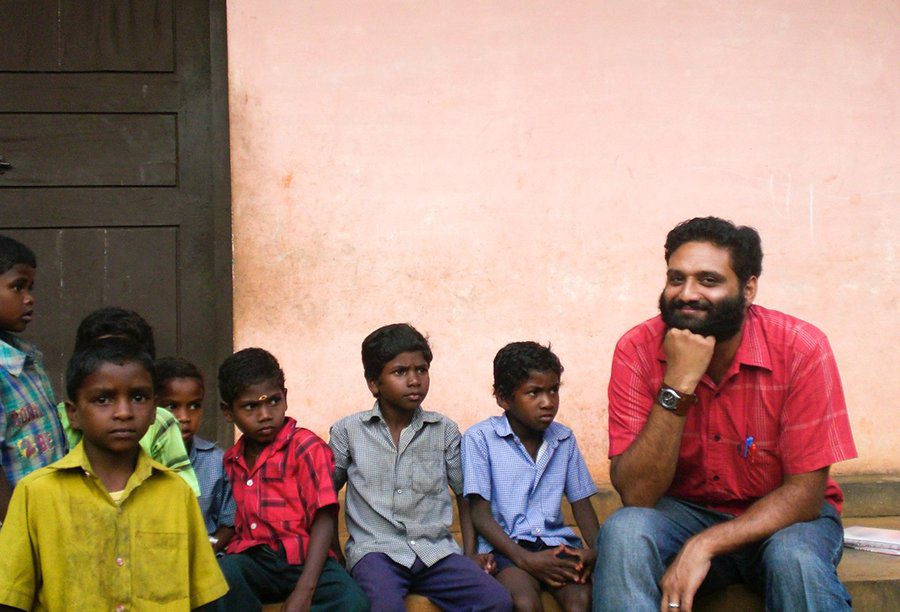
Do you think travel can change the world?
Absolutely and that is how and why I travel.
If you take a philosophical approach, it’s always worth asking yourself… What is your intention behind the travel? What is your motivation?
Whenever we ask ourselves, “am I travelling for the right reasons?” the challenge is defining the right reasons and how we travel for good.
If we can be realistic and acknowledge the complexity of the motivation and the complexity of us as people and how we affect those places, we take a few more steps to travel more sustainably and interact with others in a much more ethical way.
As long as we don’t fall prey to stereotypes or allow ourselves superficial assessments because we have spent one week in a place, to make us think we are authorised to define then a culture or community but to recognise that, if anything, it has just a given us the motivation to go in and explore and inquire more deeply.
That’s what happened to me. I hung out for a week with a group of indigenous people, and it inspired me to spend a further 18 months with them. I believe I only just scratched the surface; I could spend a lifetime with them and would still only just scratch the surface.
As a middle-class man in a middle-class world, I could never claim to understand their lives truly.
Maybe the call to action is to be humble, ask questions, and keep enquiring but, more importantly, really listen.
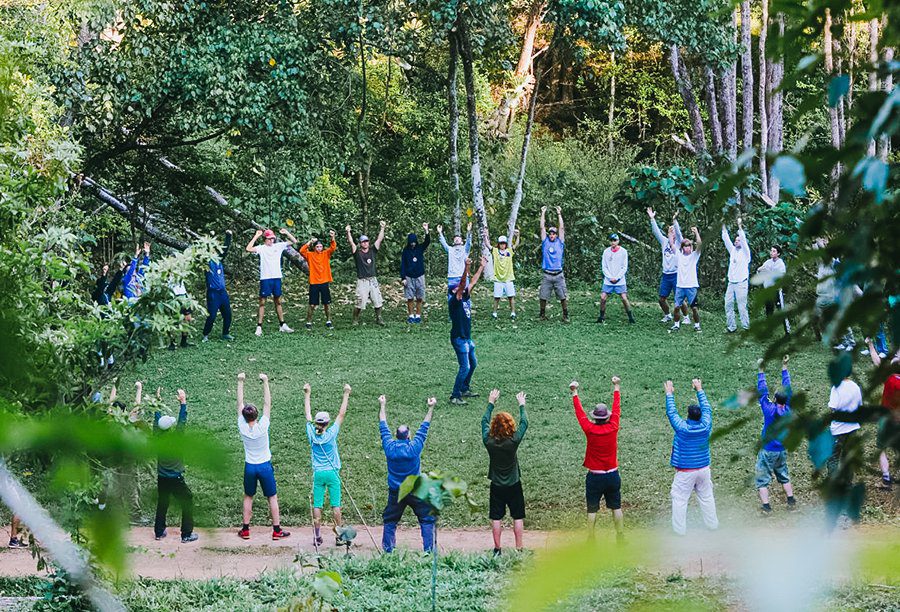
Is there a particular moment or milestone in your life that inspired you to want to make change?
In my 20’s I had an informative moment that lead me to where I am now.
I was allowed to be a diagnostic research assistant for an organisation known as the National Institute of mental health and neuron sciences in India. I had always wanted to connect with my Indian heritage and was given a chance to diagnose people with mental health issues.
I was spending time with indigenous communities while going around with a western lens of ‘you’ve got this psychiatric condition of psychosis or Schizophrenia, depression or anxiety.’
I was confronted and challenged by the idea that these people were not being explained to in their terms. They were actually saying things like “no, we have spirit possession” or “we have been consumed with bad spirits.”
What was fascinating to me was that psychiatrists that would turn up for a weekend and categorise their symptoms into western biological, clinical terms while ignoring the individual and, more importantly, ignoring their complex social and political and economic circumstances that lead to them being having these diagnoses of Schizophrenia, depression or anxiety.
They were putting them in a box and giving them antidepressants or Beta-blockers, which were doing nothing to address the causes of their marginality, exclusion, disruption to their lives or wellbeing.
That’s what got me into anthropology.
I was not satisfied with that type of analysis; the old school psychiatric, medical analysis. I was dissatisfied with that purely western understanding of complex human experiences.
When I spent time with indigenous communities in South India, I learned about their perspectives. These perspectives aren’t easily transposable or transferable to our society, as what they are dealing with is not just indigenous societies; they are dealing with humanity.
The more time we take to understand the complexities of western minds or of indigenous minds or whatever you want to call them, the more we will be able to embrace and sit with the complexity.
The greater and more profound and complex understanding we have around humanity, the more we can connect through the differences rather than their insight.
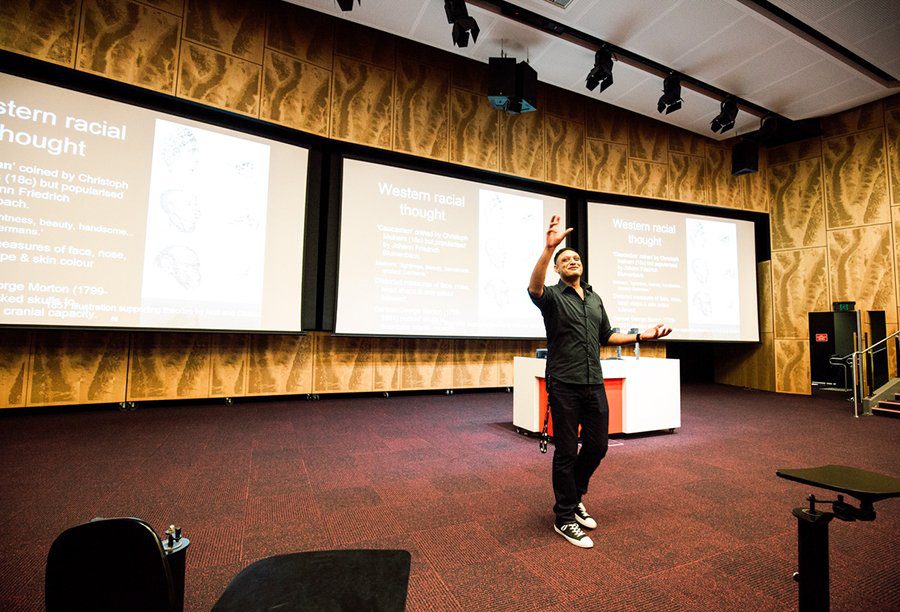
What advice would you give to people wanting to travel more responsibly?
Listen with the ears of a humble enquirer, listen with the ears of someone that is not thinking of what to say next; who is not thinking of how to solve a problem, which is just listening to understand.
Be prepared to be challenged and sit with discomfort and the possibility that there will be no resolution; our job is not to solve problems, but to develop a greater understanding and greater awareness and the more we really listen to the stories of another.
This is the difference between inclusion and equality: inclusion has a seat at the table, and equality is having your voice, and your story heard.
Recognising how our position of privilege and power affects the ability of other people sharing their story authentically, vulnerably and honestly but also how it affects the way we hear those stories.
By virtue of the fact that we are hearing their stories challenges the status quo that holds us in a place of power.
I don’t really know the answer, but really it’s about not being an idiot and accepting, acknowledging and appreciating the fact that we can all be unapologetically human.
It’s not about being our best selves, as that is is unsustainable and exhausting, but just being our authentic selves and creating a space where people can be themselves. If we only do that, we support and encourage people to be amazing humans.
We can create, innovate, solve, challenge, and grow and learn; if only we allow ourselves to do so, that diversity of voices is heard.
Find out more: habitus.org and theschooloflife.com
How can you travel to change the world?
Congratulations! By reading this post and taking some of these insights on board, you’ve already made a difference.
Now you can easily create your own impact by sharing your newfound knowledge. Share this link with a friend you think would be interested, or post it on your own social media.
Ultimately, it all comes down to staying curious, keeping yourself up-to-date and making yourself accountable for your actions on your travels.